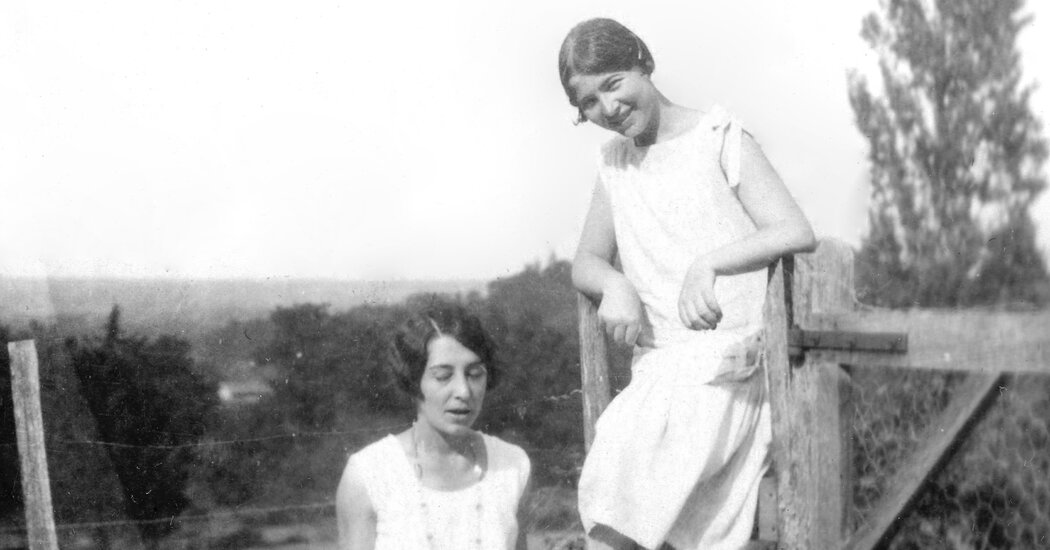
But the freedom that Sylvie initially admires in Andrée — whose coolly elegant mother doesn’t scold her seven children when they overturn furniture at home, or pelt one another with scraps of bread at the dinner table — proves illusory. Andrée is caught in a vise whose grip tightens precipitously later in adolescence, as she approaches marriageable age. “Enter a convent or get married; celibacy is not a vocation,” her mother, descended from a long line of wealthy, militant Catholics, tells Andrée’s sister, who is just a few years older than she is. A pious aunt believes in “love at first sacrament” — the idea that the couple in an arranged marriage fall madly in love at the altar, as soon as they recite their vows.
Sylvie, meanwhile, loses her faith early on and is saved from the obligation to marry when her father, through a series of bad investments, can no longer provide her with a dowry. Instead, she studies in order to earn her living as a teacher, allowing her the independence she craves.
Beauvoir the novelist allows us to feel the suffocating weight of an entire society in the photographs arrayed on a library table in Andrée’s family’s country estate, showing “men with sideburns and old men with beards; Andrée’s ancestors,” or downstairs, in the kitchen’s enormous batterie de cuisine — “countless covered pots, frying pans, casseroles, stewpots, oven dishes, porringers, soup tureens, platters, metal tumblers, strainers, meat cleavers, mills, molds and mortars! What a variety of bowls, cups, glasses, champagne flutes and couples, plates, saucers, gravy boats, jars, jugs, pitchers, carafes!” (It bears noting that Beauvoir, for much of her adult life, lived in hotels and took her meals in restaurants.)




